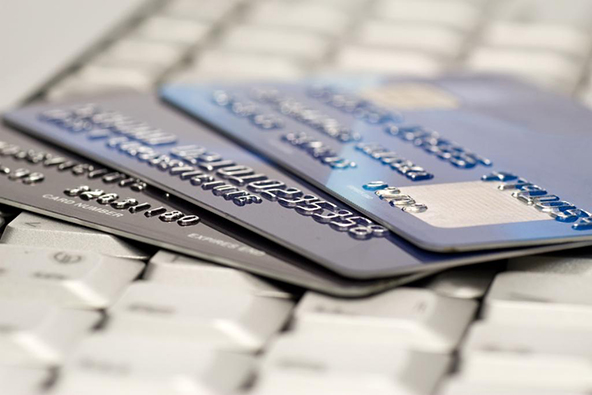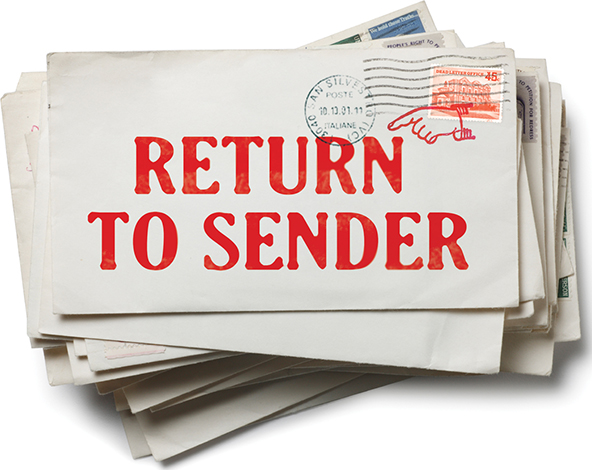UniBul’s Credit Card Processing Solution for U.S.-Based High-Risk Merchants

Last week, in a follow-up on my guide to how merchants should cope with a termination of their merchant account, I reviewed our process for working with high-risk merchants. Well, just as last week I felt that I needed to go into details about some aspects of the high-risk merchant account application process, which I had not had the time to clarify in my initial article, this week I felt that I should do a follow-up on the follow-up.
This time, I thought I should focus a bit more narrowly on the procedures we follow when working with U.S.-based high-risk applicants. Domestic merchants represent a significant proportion of the total number of our new applicants and deserve special attention. I would probably have to go through the same exercise in regards to non-U.S.-based merchants, but that would be a project for another time. Now let’s review how we work with American merchant account applicants.
Prior Processing History Helps, but Is not Obligatory
At UniBul, we specialize in working with high-risk merchants and in my previous post on the subject I reviewed our requirements for new applicants and explained in some detail precisely what we mean by “high-risk”. If you haven’t read that post, I suggest that you do so for the sake of clarity, before proceeding any further. Furthermore, I should preface everything that follows with a reminder that the procedures I am about to review apply exclusively to high-risk applicants. This is what we do and, anyway, low-risk merchant account set-up is a fairly straightforward procedure and doesn’t really need a detailed examination.
Last week, I also pointed out that we are more flexible with domestic applicants, in that we accept applications from high-risk merchants without prior processing experience, whereas when it comes to international applicants, prior processing history is requisite. Now, if you are based in the U.S., experience would still count heavily in your favor, but we would be happy to work with you even if you are just starting out in a high-risk industry, provided you can comply with our requirements. Now let’s take a look at the process.
Domestic vs. Non-U.S. Processing
Our primary objective at the onset of a merchant account application process involving a U.S.-based merchant is to find a domestic acquiring solution for them, if at all possible. A U.S.-based acquirer would offer you the best terms you can qualify for. While international acquirers might be able to occasionally match a domestic bank’s pricing terms, or even beat them, they could not possibly compete on any other count. For example, funding with a domestic acquirer would be done on a daily basis (you would be getting today’s sales deposited into your bank account tomorrow), through direct ACH deposits and for free. International acquirers, on the other hand, are forced to rely on wire transfers, which are expensive, and funding is typically done on a weekly, bi-weekly or monthly basis, depending on your volume. And I know how important to you is to have fast access to your money, because you have told me so many times.
Furthermore, the application process with a domestic acquirer is a much more straightforward affair, simply because each of the participating parties is a U.S.-based organization. You know what documents you will be asked to provide — Articles of Incorporation, Tax ID letter, bank letter and statements, business licenses, etc. — and will have no trouble to supply them. If you are just starting out, you may also be asked for a business plan and other documents to assure the acquirer that your business has strong potential and so justify their decision to underwrite it. And if the potential is there, they will want to underwrite your business, whatever the risk. On the other hand, if the potential return does not look too promising, the chances of approval will be lower. An additional advantage of an application process with a U.S. bank is that it is typically completed much more quickly, compared to one with an offshore bank.
Yet, there is a whole number of reasons why a domestic acquirer will not want to underwrite your account. These reasons need not concern us here, but what is relevant to the subject at hand is that, should we fail to find a U.S.-based acquirer willing or able to work with you, we would look abroad for alternatives. We work with acquirers all over the world and will contact the ones we believe are best suited to service a business like yours. A critical thing to understand is that acquiring banks in different parts of the world have to comply with different sets of industry regulations, which is what enables an acquirer half a world away to work with a business, which none of its domestic counterparts would touch.
Should we select an offshore acquiring bank for your business, you would need to be prepared for a somewhat more exotic application process. You may be asked to provide documents you are not used to supplying and you may even be asked to mail hard copies of them, after you had already sent all of the soft copies in. Moreover, it is very likely that the process would drag on for several weeks. Yet, don’t be annoyed, but just follow through on whatever it is the acquirer needs. Once the process is successfully completed, you will be contacted with instructions on how to connect to the acquirer’s processing system and, once you’ve done that, you would be ready to go.
As previously noted, it is critically important that, once you start processing with a new acquirer, you keep detailed documentation of your transaction activities and are prepared to provide it on request. Acquirers are very cautious with high-risk merchants, especially at the beginning of a processing relationship and keep them under close scrutiny as a matter of course. After all, there is a reason why an industry should be classified as high-risk, right? Once it is satisfied with the use of your account, your acquirer will step back and relax a bit, although it will still remain vigilant. As long as you keep a firm grip on chargebacks, customer complaints and fraud, your merchant account would remain in good shape.
The Takeaway
The bottom line is that, if your business is properly incorporated, has all of the necessary licenses and generally follows the rules, there will be a merchant account solution available for it. It is our job to identify what this solution is and to guide you through the application process. What we ask of you is that you provide all documents and information that may be requested. As long as we have that, we’ll make sure that you get the merchant account you need.
Image credit: Marketresearchreports.com.



Who are the high risk merchants?